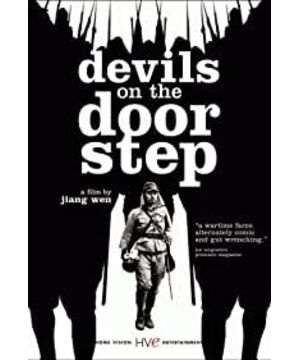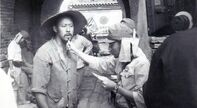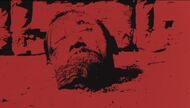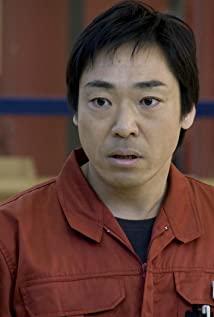This is a film that dares to directly interrogate human nature. It is much deeper than the general war theme. It portrays human nature so vividly, so tightly, logically rigorous, and full of tension.
In addition to the profound torture of human nature, the rhythm of the film is perfect, much better than the rhythm of Jiang Wen's later "Let the Bullets Fly".
The most common saying is that the film shows the servility and ignorance of the Chinese, including the Japanese, in that era, but I prefer to use the word human nature to sum it up. Everyone in the film is vivid and three-dimensional. From their perspective, they are ignorant, but in that era, how much consciousness could the common people in that environment be? Even at the moment, who has not experienced the sadness and madness of human nature?
It was no surprise that this film was banned back then. Although the film was dressed as a comedy, it had always been dark and gloomy. None of the characters, including the male top three, was a pure positive character, and the Japanese army played as soon as they came out. Music, giving candy to children, the selfishness and ignorance of ordinary people, and the absurdity and madness of little people were definitely unacceptable in the mainstream values of the year.
As for the torture of human nature in the context of war, it is no longer limited to the harm to the invaded. Colleagues also pay attention to the way of expressing the harm to ordinary Japanese soldiers and people in the war, which has only been used and accepted more in the past ten years, so it can be seen that Jiang Wen was ahead of his time.
Human nature is the soul of a movie after all, and it is the best movie to dare to directly attack human nature.
View more about Devils on the Doorstep reviews










